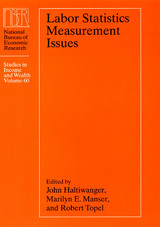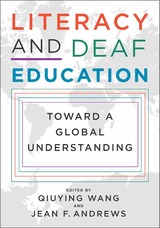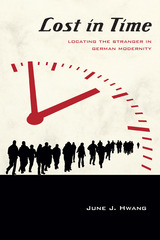7 start with L start with L

Some of the chapters in this volume explore the conceptual issues of what is needed, what is known, or what can be learned from existing data, and what needs have not been met by available data sources. Others make innovative uses of existing data to analyze these topics. Also included are papers examining how answers to important questions are affected by alternative measures used and how these can be reconciled. This important and useful book will find a large audience among labor economists and consumers of labor statistics.




Lineages Embedded in Temple Networks explores the key role played by elite Daoists in social and cultural life in Ming China, notably by mediating between local networks—biological lineages, territorial communities, temples, and festivals—and the state. They did this through their organization in clerical lineages—their own empire-wide networks for channeling knowledge, patronage, and resources—and by controlling central temples that were nodes of local social structures.
In this book, the only comprehensive social history of local Daoism during the Ming largely based on literary sources and fieldwork, Richard G. Wang delineates the interface between local organizations (such as lineages and temple networks) and central state institutions. The first part provides the framework for viewing Daoism as a social institution in regard to both its religious lineages and its service to the state in the bureaucratic apparatus to implement state orthodoxy. The second part follows four cases to reveal the connections between clerical lineages and local networks. Wang illustrates how Daoism claimed a universal ideology and civilizing force that mediated between local organizations and central state institutions, which in turn brought meaning and legitimacy to both local society and the state.

Literacy and Deaf Education: Toward a Global Understanding is organized by region and country, with the first part discussing writing systems that use alphabetic scripts, and the second part focusing on countries that use non-alphabetic scripts. Some examples of the wide spectrum of topics covered include communication methodologies, curriculum, bilingual education, reading interventions, script diversity, and sociocultural development, including Deaf cultural developments. The contributors provide the results from literacy projects in fifteen countries and regions.
This volume aims to widen the knowledge base, familiarize others in the field with these initiatives, and improve global understandings and outcomes of literacy teaching and learning in deaf education from birth to high school.
Signed chapter summaries are available on the Gallaudet University Press YouTube channel.

READERS
Browse our collection.
PUBLISHERS
See BiblioVault's publisher services.
STUDENT SERVICES
Files for college accessibility offices.
UChicago Accessibility Resources
home | accessibility | search | about | contact us
BiblioVault ® 2001 - 2024
The University of Chicago Press









